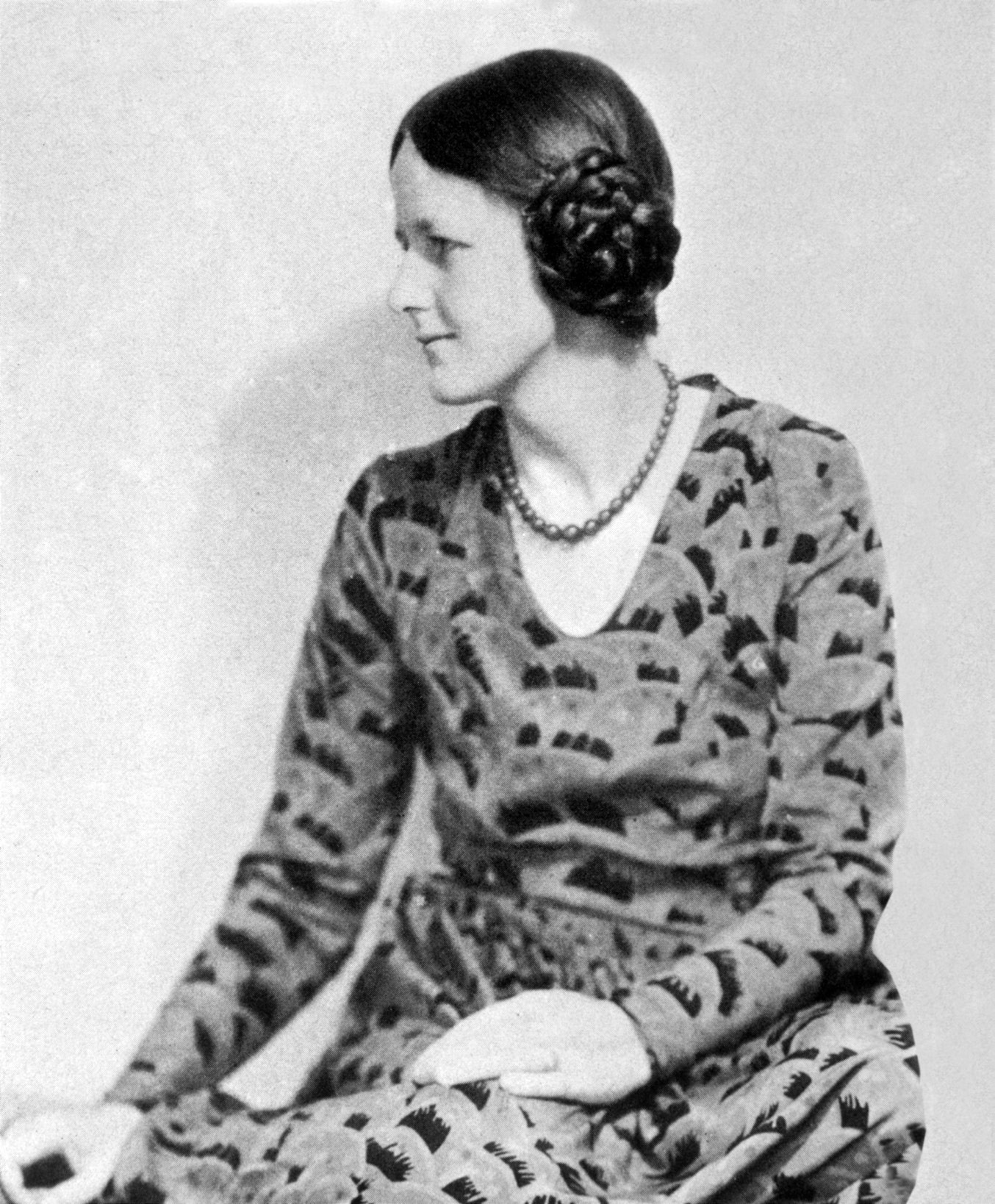
Joan Robinson could be considered one of the most influential economists of the twentieth century. She was an economist at the University of Cambridge and a leading proponent of the Keynesian school of economics. Indeed, she was a central figure in what became known as post-Keynesian economics.
Keynesian economics focuses on the principle of effective demand and its impact on both the short and long-run equilibrium position of the economy. Proponents of this school argue that a competitive market economy does not have a natural tendency towards full employment and therefore government intervention is needed to stabilise the economy. Hence, the post-Keynesian school places much emphasis on John Maynard Keynes’s General Theory, published in 1936.
Your organisation does not have access to this article.
Sign up today to give your students the edge they need to achieve their best grades with subject expertise
Subscribe




